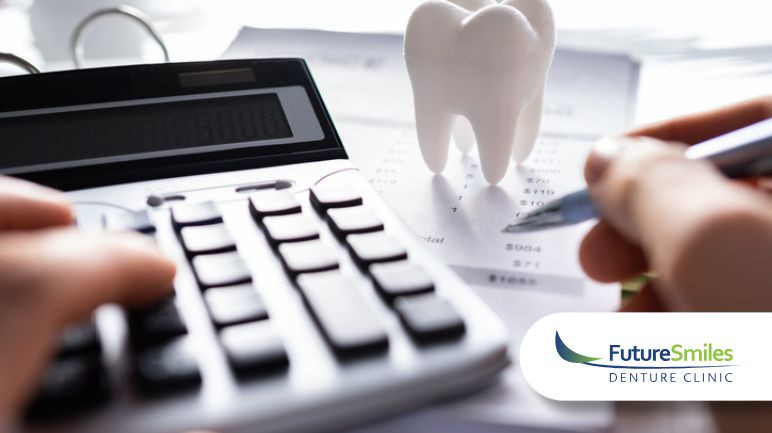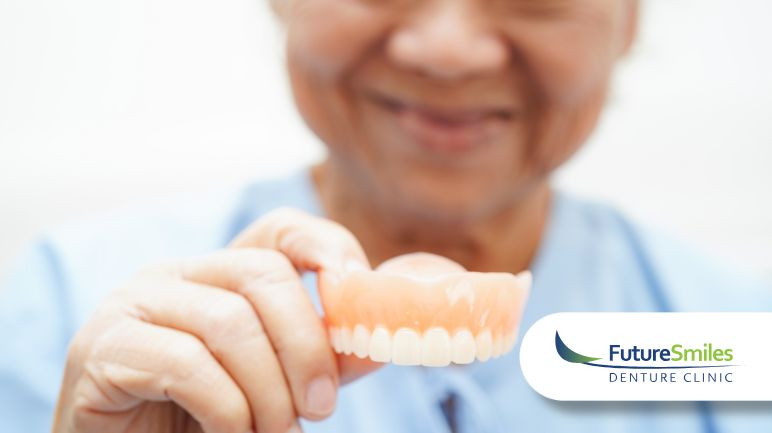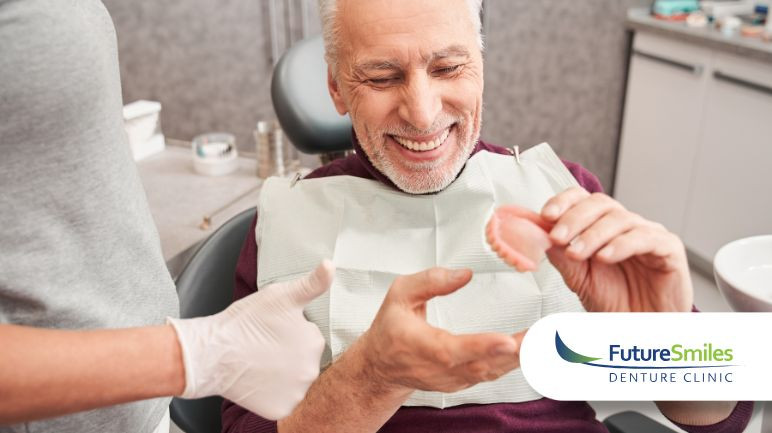Smiles are windows to our personalities, and missing teeth can sometimes dim their radiance. But fear not, as modern dental solutions like partial dentures offer not just aesthetic enhancements but functional benefits too. In this blog, we'll delve into the transformative impact of partial dentures on chewing and speech. Beyond restoring your smile, these prosthetic marvels can provide newfound confidence, ease of eating, and clear speech, allowing you to savor life to the fullest.
Reclaiming Chewing Efficiency
Missing teeth can compromise your ability to chew food effectively, leading to digestion issues and a limited diet. Partial dentures bridge the gaps left by missing teeth, restoring your chewing function and facilitating proper food breakdown. With improved chewing efficiency, you can enjoy a wider variety of foods, relishing each bite without the fear of discomfort or inadequate nutrition.
Enhancing Speech Clarity
Teeth play an essential role in speech formation, and missing teeth can disrupt your speech patterns, affecting clarity and pronunciation. Partial dentures fill the spaces in your mouth, providing support to your lips, tongue, and cheeks. This support contributes to improved articulation, allowing you to speak confidently and clearly, without the slurring or mumbling that can accompany missing teeth.
Preventing Bone Loss
When teeth are lost, the jawbone beneath them can start to deteriorate due to lack of stimulation. This can lead to changes in facial structure and even impact adjacent teeth. Partial dentures not only restore your smile but also help maintain the integrity of your jawbone by providing the necessary pressure to stimulate bone growth. This prevents the bone loss that can occur with missing teeth and contributes to overall oral health.
Boosting Confidence and Self-Esteem
The impact of partial dentures extends beyond functional benefits. Regaining a complete smile can significantly enhance your self-esteem and confidence. With a restored smile, you're more likely to engage in social interactions, smile freely, and exude positivity. Improved oral function and speech also contribute to a greater sense of assurance, allowing you to fully express yourself without hesitation.
Partial dentures are more than just cosmetic enhancements; they're integral to restoring your oral function, confidence, and overall quality of life. By improving chewing efficiency, enhancing speech clarity, preventing bone loss, and boosting self-esteem, partial dentures empower you to enjoy life's pleasures with renewed enthusiasm. Embrace the transformative possibilities of partial dentures, and let them be a testament to the remarkable advancements in modern dentistry.
With every bite and every word spoken clearly, you'll experience the tangible benefits that partial dentures bring. As you regain your ability to chew with ease, enunciate words with precision, and beam confidently, you'll find that these prosthetic wonders are not just bridges to the past but gateways to a brighter, more vibrant future. Don't let missing teeth limit your life – embrace the transformative power of partial dentures and rediscover the joy of living life to its fullest.
FAQ
Q: Are partial dentures comfortable to wear?
A: Yes, modern partial dentures are designed for both functionality and comfort. They are custom-made to fit your mouth's unique contours, ensuring a snug and comfortable fit. Initially, there might be an adjustment period as your mouth gets used to them, but with time, you'll find them comfortable for everyday activities like eating and speaking.
Q: How do I care for my partial dentures?
A: Proper care is essential to maintain the longevity and effectiveness of your partial dentures. Clean them daily by brushing and rinsing them under running water. Avoid using abrasive materials, hot water, or strong chemicals that could damage them. When not in use, store them in a denture soaking solution to keep them moist and prevent warping.
Q: Can I eat normally with partial dentures?
A: Yes, partial dentures significantly improve your ability to eat and chew. While you might need some time to adapt, you'll find that they restore much of your chewing function. Start with softer foods and gradually reintroduce harder textures as you become accustomed to wearing them. Chewing on both sides of your mouth can help distribute pressure evenly for a comfortable eating experience.







